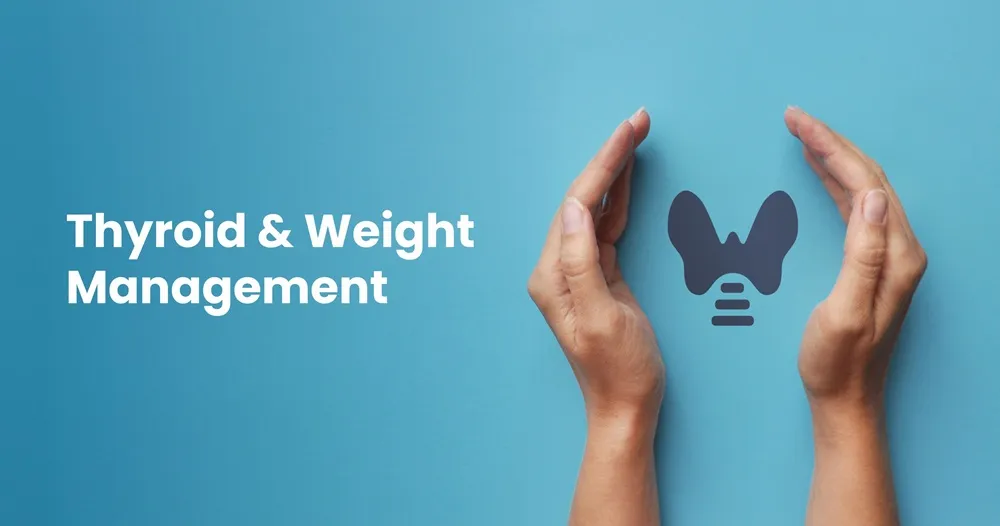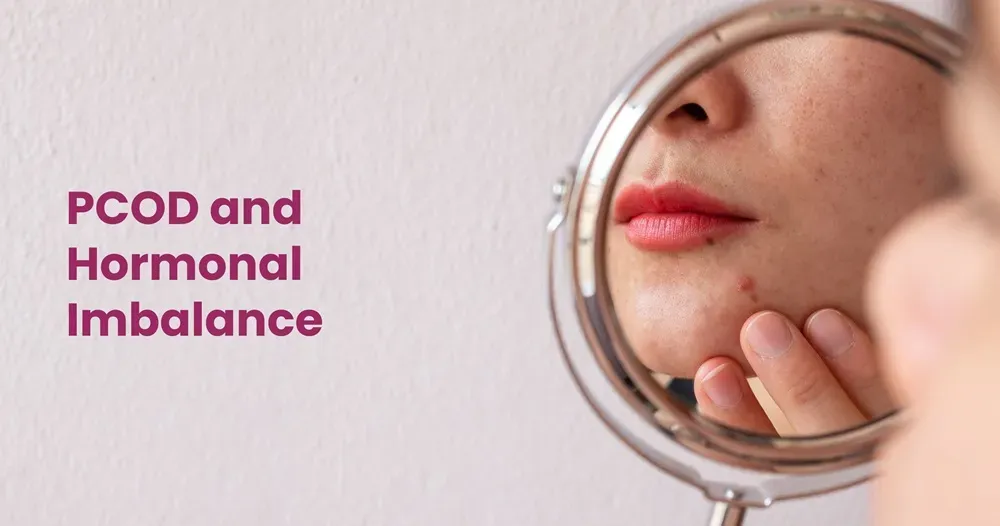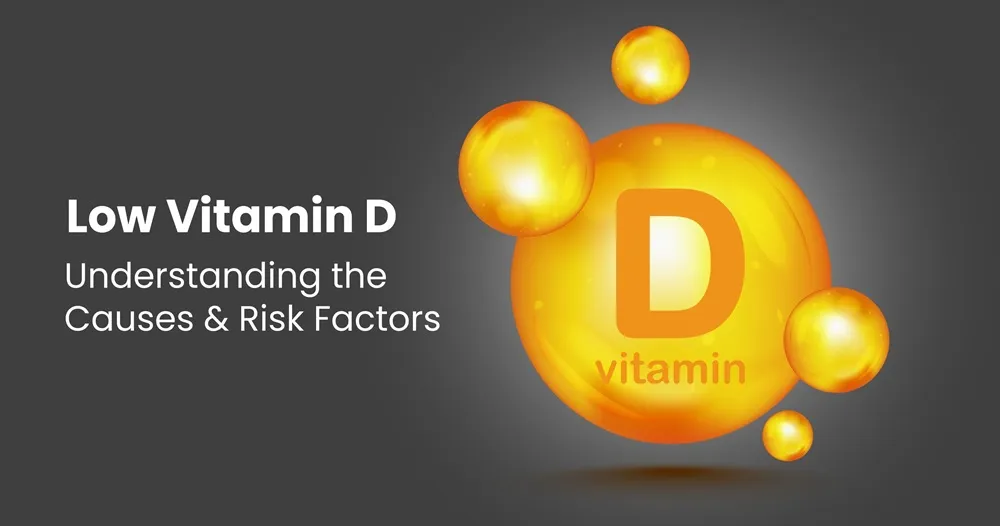How specialists can help you tackle your chronic pain
Jun 03, 2020
A chronic pain management specialist is the one with specialized training in evaluation, diagnosis, and treatment for a given condition or set of conditions. As a part of evaluation and diagnosis, the pain management specialist will go through your medical history, ask you a few questions, conduct a physical examination and ask you to run a series of diagnostic tests.
There are many doctors and health-care providers who are specialists in handling chronic pain, depending on the area of specialization like orthopedics, chiropractors, rehabilitation physicians, physiotherapists, rheumatologists, pain medicine specialists, and acupuncturists.
Here are some ways in which specialists can help you tackle your chronic pain –
Pain relieving medications – Some of these include nonsteroidal anti-inflammatory drugs (NSAIDs) like ibuprofen and naproxen that can treat pain and inflammation, non-aspirin pain relievers as acetaminophen which can relieve minor pain, corticosteroids for severe inflammation, opioid pain medications, and anti-depressants. The last one, anti-depressants are given to relieve pain, as well as to promote sleep. NSAIDs can only give a temporary relief and long term usage of NSAIDs may cause side effects.
Physiotherapy – Physiotherapy or physical therapy is a specially focused exercise program on reducing chronic pain and increasing movement of an affected body part. For instance, during arthritis, certain forms of exercises advised by a physiotherapist can be quite helpful. Apart from physical therapy, there are other options in pain-management clinics like deep-muscle massage, whirlpool therapy, and ultrasound.
exercises advised by a physiotherapist can be quite helpful. Apart from physical therapy, there are other options in pain-management clinics like deep-muscle massage, whirlpool therapy, and ultrasound.
 exercises advised by a physiotherapist can be quite helpful. Apart from physical therapy, there are other options in pain-management clinics like deep-muscle massage, whirlpool therapy, and ultrasound.
exercises advised by a physiotherapist can be quite helpful. Apart from physical therapy, there are other options in pain-management clinics like deep-muscle massage, whirlpool therapy, and ultrasound. Injections – Local anaesthesia along with a corticosteroid can be injected along the nerve roots or into certain muscle points or joints to relieve pain, inflammation, muscle spasms, irritation swelling.
Nerve Blocks – In case a set of nerves like a ganglion cause pain to a certain body part or a region, locally administered injections can help stop relive pain in that area.
TENS – Electrical stimulation is one of the most effective ways to control chronic pain. Known as Transcutaneous Electrical Nerve Stimulation (TENS), it is a technique which makes use of a small device running on battery, to stimulate nerve fibres and relieve pain.
Acupuncture – The time-tested traditional Chinese form of treatment is an effective way to control and treat chronic pain. It involves inserting minute needles at specific points on the skin as a way to alleviate pain.
Surgery – In some cases, surgery may be the only way to relieve pain. Often it is used as a last resort when other ways to relieve pain do not yield satisfactory results. Through surgery on the affected body part or certain specific nerves, the patient can experience effective relief.
Counselling – Chronic pain exacerbates due a person’s emotional reaction fraught with hopelessness, frustration, sadness and anger. The person may feel miserable because of the pain impacting his family obligations and earning capability. Along with medical treatment, pain specialists offer counselling and psychological support to the patient as well as family members and friends. Having a positive state of mind can be an effective way to not only cope with pain but also to gain faster relief.
Relaxation techniques – Chronic pain specialists are also adept at imparting productive relaxation techniques that result in faster healing and relief. The techniques can also help manage and reduce stress, increase confidence and infuse a positive sense of being, in the patient.
It is important to have diagnostic tests done to understand your physical condition so that the right kind of treatment is administered. Lab tests can be quite helpful in proving an accurate analysis of your health. Contact your nearest diagnostic center for a comprehensive health check.
Related Blog Post
Blog Categories
- Child Health
- Mens Health
- Women's Health
- Mental Health
- Health Myths & Facts
- Fitness
- Nutrition/Recipes
- Remedies
- Weight Management
- Stress Management
- Health Supplements
- Addiction Management
- Disease Management
- Allergy
- Anemia
- Arthritis
- Asthma
- Autoimmune Diseases
- Blood Pressure
- Cancer
- Deficiencies
- Dengue/Malaria/Chikungunya
- Diabetes
- Eye Problems
- Heart Diseases
- Hepatitis
- HIV/AIDS/STD
- Hormonal Imbalance
- Infection/Flu/Viral
- Kidney
- Liver
- Menstrual Problems
- Pregnancy
- Skin & Hair Problems
- Stomach Ailments
- Thyroid
- Others
- Health Checkups
- Diagnostics/Pathology
- Lifestyle & Wellness
- Covid
- Medical Tests
- Cholesterol
- Health Tips
- Parent Care/Old Age
- Lungs
- Food Intolerance








